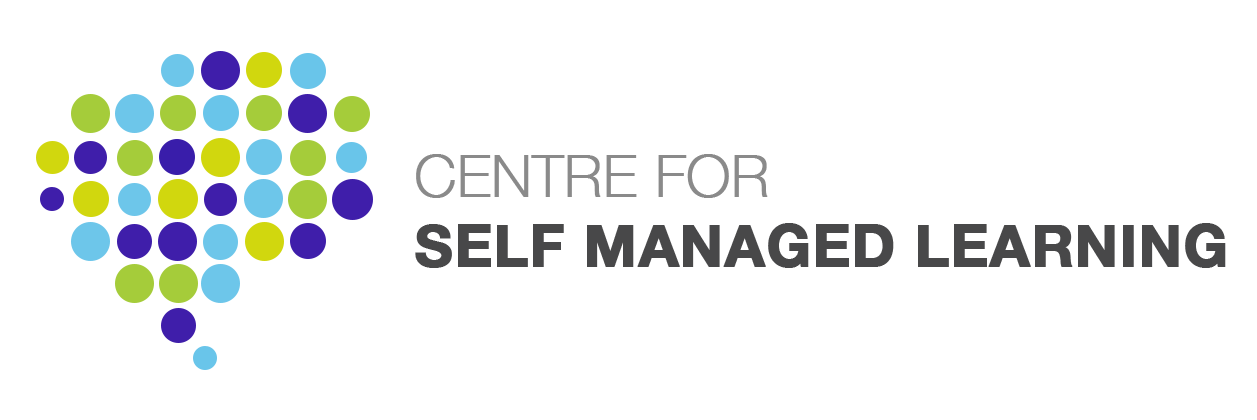28 Jun A summary of research on Self Managed Learning
Self Managed Learning (SML) has been extensively researched for its impact on young people. This approach allows learners to take control of their education, setting their own goals and determining the best methods to achieve them. For a comprehensive overview of the research and findings on Self Managed Learning, please download the PDF linked below. A summary of research on Self Managed Learning ...

